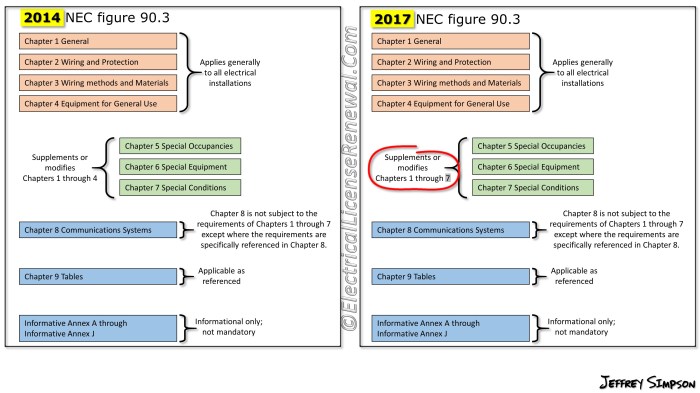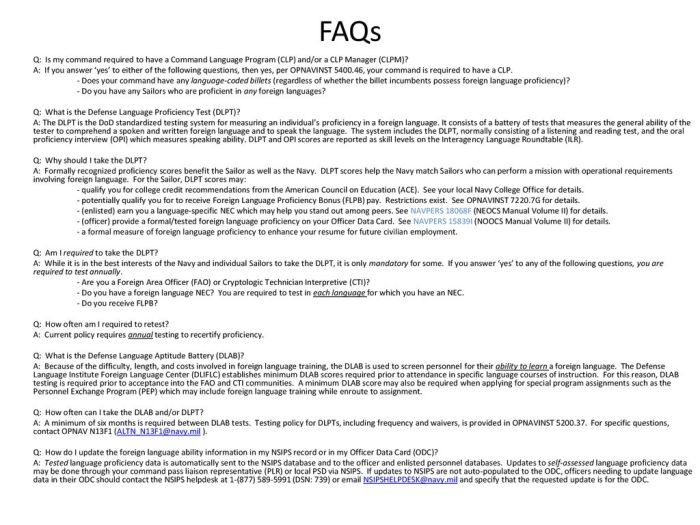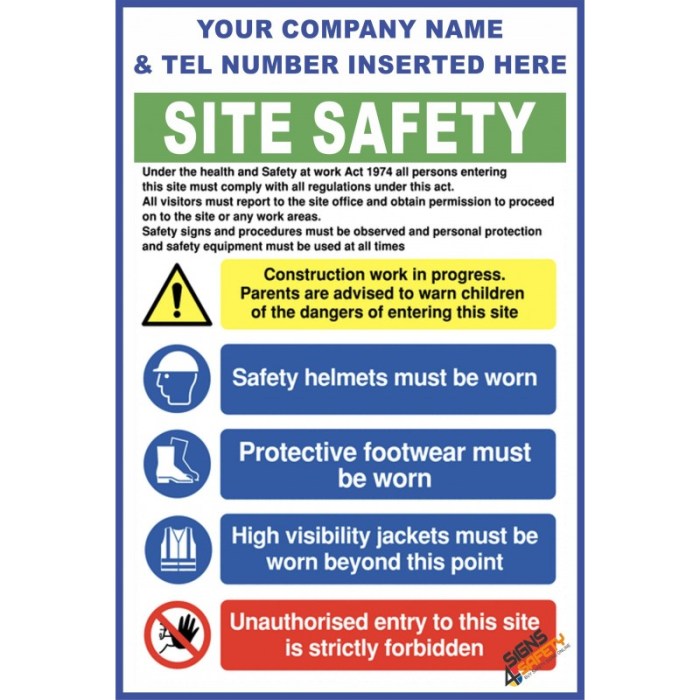Mandatory rules in the NEC contain the language that guides electrical installations and ensures safety. These rules provide a comprehensive framework for electrical professionals, outlining specific requirements and guidelines to protect individuals and property from electrical hazards. Understanding these mandatory rules is essential for compliance, liability mitigation, and maintaining a safe electrical environment.
The NEC (National Electrical Code) is the primary source of electrical safety regulations in the United States. It establishes minimum requirements for the design, installation, and maintenance of electrical systems, and its mandatory rules are enforceable by law. These rules cover a wide range of electrical aspects, including wiring methods, equipment selection, grounding, and overcurrent protection.
Mandatory Rules in the NEC: Content Overview
The National Electrical Code (NEC) establishes mandatory rules that govern the design, installation, and maintenance of electrical systems. These rules aim to ensure safety, reliability, and efficiency in electrical installations, protecting individuals and property from electrical hazards.
The scope of the NEC encompasses all electrical systems in buildings, including residential, commercial, industrial, and special-purpose facilities. Compliance with the mandatory rules is essential for obtaining building permits and ensuring compliance with safety regulations.
Types of Mandatory Rules

The NEC categorizes mandatory rules into three primary types:
- Installation Rules:These rules specify the requirements for the installation of electrical equipment, wiring, and systems. They cover aspects such as wire sizing, circuit protection, grounding, and bonding.
- Use and Occupancy Rules:These rules define the conditions under which electrical equipment and systems can be used and operated. They address factors such as hazardous locations, special equipment requirements, and ventilation.
- Equipment Construction Rules:These rules establish standards for the construction and testing of electrical equipment. They ensure that equipment meets safety requirements and performs as intended.
Consequences of Non-Compliance
Non-compliance with the mandatory rules in the NEC can have severe consequences:
- Safety Hazards:Improper electrical installations can create safety hazards, increasing the risk of electrical fires, shocks, and electrocutions.
- Liability Issues:Owners, contractors, and inspectors who fail to comply with the NEC may be held liable for accidents or injuries resulting from non-compliant installations.
- Legal Consequences:Non-compliance with the NEC can result in legal penalties, including fines, permit revocations, and even criminal charges in cases of severe violations.
Enforcement and Inspection

The enforcement of the NEC is primarily the responsibility of local authorities, such as building inspectors and electrical inspectors. They conduct inspections to verify compliance with the code and issue permits for electrical installations.
Inspectors typically focus on areas such as:
- Proper installation of wiring and equipment
- Adequate grounding and bonding
- Circuit protection and overload prevention
Updates and Amendments: Mandatory Rules In The Nec Contain The Language

The NEC is periodically updated and amended to reflect changes in technology, safety standards, and industry best practices. These updates are developed by a panel of experts and stakeholders and are subject to public review and comment before being incorporated into the code.
Recent updates to the NEC have focused on:
- Enhanced safety requirements for arc-fault circuit interrupters (AFCIs) and ground-fault circuit interrupters (GFCIs)
- New regulations for the installation of electric vehicle charging stations
- Updated requirements for energy efficiency and sustainability
Common Queries
What is the purpose of mandatory rules in the NEC?
Mandatory rules in the NEC provide a comprehensive framework for electrical installations to ensure safety, protect individuals and property from electrical hazards, and maintain compliance with electrical codes.
Who is responsible for enforcing mandatory rules in the NEC?
Authorities and inspectors, such as electrical inspectors and building inspectors, are responsible for enforcing mandatory rules in the NEC through inspections and code enforcement procedures.
What are the consequences of non-compliance with mandatory rules in the NEC?
Non-compliance with mandatory rules in the NEC can result in safety hazards, liability issues, legal penalties, and potential insurance claim denials.